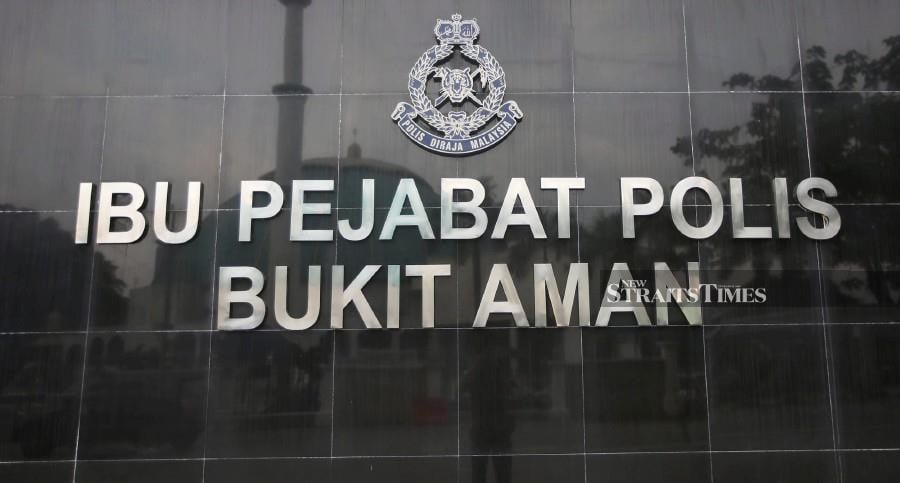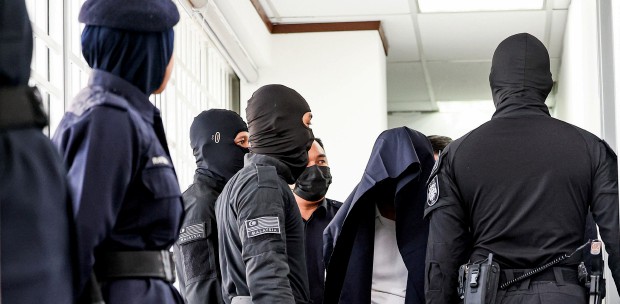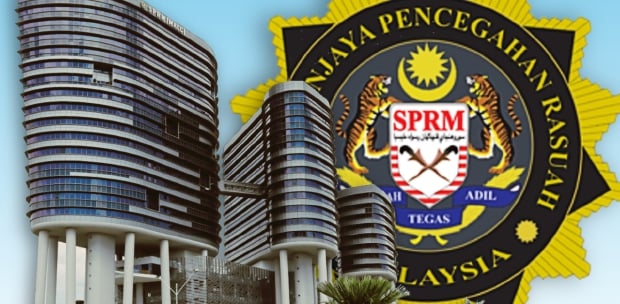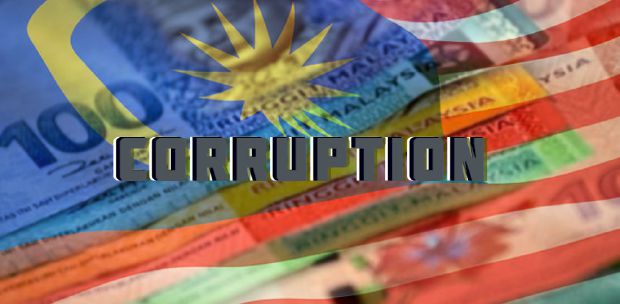ROGUERY and some men in blue have been grabbing the headlines lately. As the year began afresh in January, so did reports of alleged crookedness — even wickedness — among some who were supposed to keep us safe.
Rape, robbery, extortion, bribery and even murder sprinkle the list of villainy, old and new. Somewhere there, too, is the nexus of a few senior officers in the underworld. Those at the very top of the police force with the expressed interest to see the stain of sleaze removed from the force have gone public on the existence of such unprincipled personnel on several occasions. The most explosive part of the expose was by then inspector-general of police Tan Sri Abdul Hamid Bador.
Just weeks before he retired, he was quoted by a local English daily as saying that he learned that some former police chiefs were using serving officers to do their bidding. Speaking with regret about a culture of officers from bottom to top claiming to take money for the IGP, he called on his team to put an end to such turpitude. Later, another former IGP nodded in agreement with the existence of such baseness.
Thankfully, most members of the police force are clean. And the public acknowledges this as such. But they worry, nonetheless, as more and more senior officers make headlines for all the wrong reasons. As recently as Monday, one such senior police staff who is being investigated for voluntarily causing hurt, is alleged to have pushed his female friend off the Penang Bridge.
Why such offensive behaviour? Kuala Lumpur police chief Datuk Allaudeen Abdul Majeed was exactly right when he told a media session during a walkabout on Saturday that the main cause was personal weakness. He was also right when he said such miscreants must be removed from the force.
Now that the police force knows that personal weakness is the culprit for police villainy, it must go on a vigorous hunt for such men and women in the more than 130,000-strong force. Even if they are just 10, they must be excised. One bad man in blue spoils the whole force. It is no good talking about percentages here.
Even if the miscreants are just a drop in the ocean of blue, they will spread the culture of sleaze from a few to many, compounding the numbers as they go along. Mischief is easy to spread, especially with a gun slung to the hip. Power corrupts, and unchecked power corrupts absolutely. The transparency of this rush to expel the miscreants from the force is a boon to the police. Show-and-tell will help. Public trust will increase manifold, making it easy to stay true to the task.
It has been said that if we want to test the character of a person, we should give him power. But as far as the police force is concerned, this would be after the fact. Removing a rogue officer from the force is far harder to do than keeping him out. Recruitment decisions are key. And such decisions must only be taken after a robust vetting process.
As extremely difficult as it is to find a needle in a haystack, such a vetting process must do just that. If the police force is safe from rogue officers, so will be the people.





